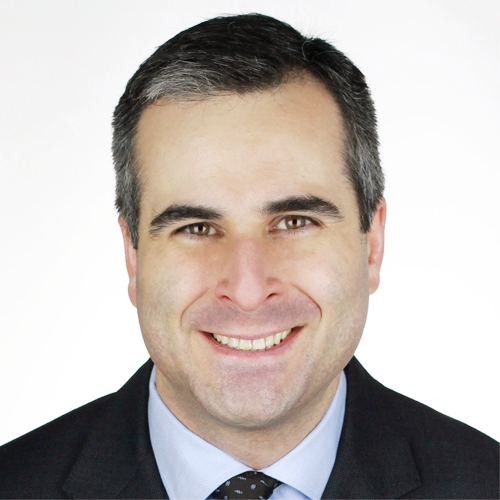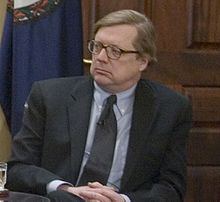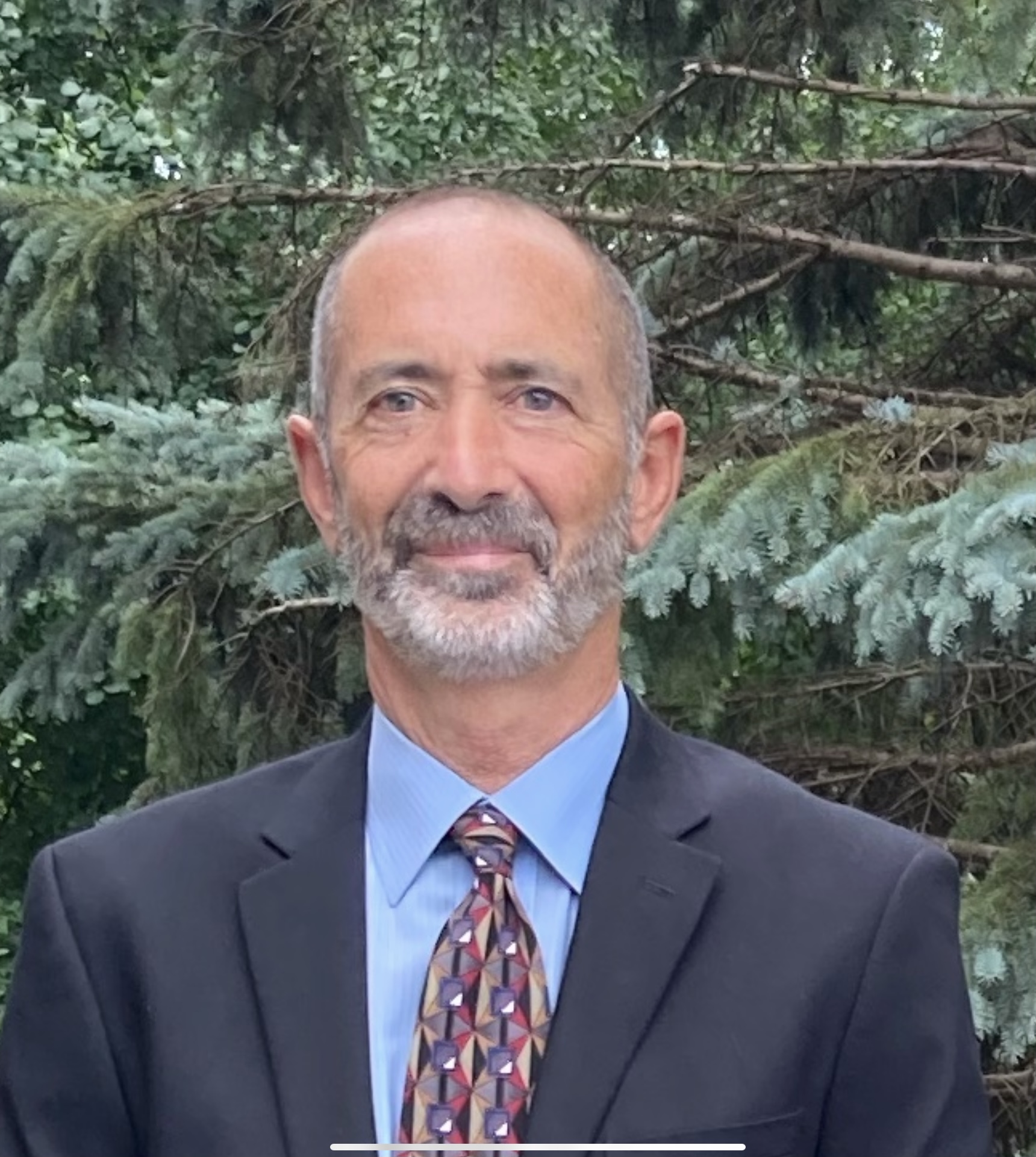Michael Cholod, Geoffrey Goodell, Fen Osler Hampson, David Scheffer, Jon Unruh
Policy Brief — February 2024
Introduction
International supporters of Ukraine are increasingly reluctant to fund what will undoubtedly be a massive reconstruction effort for the country — the amount now increasing into the hundreds of billions to possibly over a trillion dollars.[1] With the ongoing targeting of civilian residential areas and critical infrastructure by Russian forces, and almost certain refusal by Western taxpayers to fund the total costs of reconstruction, alternative ways must be found. This includes efforts to identify multinational approaches to raise the necessary reconstruction funds.
Various ideas are emerging about mobilising funds. Several countries are moving forward now with the legal and financial arrangements to facilitate ‘repurposing’ (confiscating) assets currently frozen under sanctions regimes. These efforts will require considerable time (delaying reconstruction efforts) as they face legal constraints under existing international law and confront legal challenges by the oligarchs set to lose assets in different national jurisdictions. Even if these legal obstacles can be surmounted, political challenges remain. Some countries fear that Russia will retaliate by seizing their assets in Russia or that Russia will default on its obligations to foreign investors and bondholders.[2] This paper, in contrast, examines the modalities of a promising ‘social bond’ alternative financial innovation instrument.
The alternative approach described here circumvents the legal and political roadblocks noted above by bringing the private sectorinto the process and leveraging the considerable capital this sector could potentially provide. By creating a mechanism to issue ‘Social Bonds’ for Ukraine’s reconstruction, the vast resources of the private sector can be mobilised for Ukraine’s reconstruction in the near term. This gets around a primary problem in post-war reconstruction efforts: that it can take an unacceptably long time to obtain funds in the amounts needed to move forward with reconstruction — with significant negative socio-political, humanitarian and economic repercussions. The approach described here ‘time shifts’ the money from the future to the present so that funding for reconstruction and victim restitution can occur expeditiously and in a controlled and responsible fashion.[3] The International Finance Facility has taken a similar approach for Immunisation (IFFIm) to ‘time shift’ future donor payments for wide-scale immunisation programs.
Like others, the innovation described here uses the well-established precedent that the aggressor state is liable for war-related reparations. Beginning with Rome in 241 BC, aggressor state liability for war reparations came to be used extensively during the last century. Since World War I, Germany, Japan, Bulgaria, China, Italy and France, among others, have paid significant reparations. And importantly, the Soviet Union received reparations from Germany, Italy, Hungary, Romania, and Finland following World War II.
The West has at its disposal the financial sophistication, logistical organisation, political will and consensus to move forward now with innovations in financing to rebuild Ukraine — with implications for future conflicts. Urgency is mounting as the enormity of the endeavour (particularly the costs of a destructive war) looms; the capacity of Russia and associated oligarchs to pay becomes more apparent; and the humanitarian, economic and political repercussions of not acting promptly threaten Ukraine and countries well beyond its borders.
[1] Estimates of reconstruction, including providing compensation to victims and returning to normal economic capacity, range from $411 billion, to over $ 1.5 trillion.
[2] While the legal constructs for repurposing frozen assets are in some cases advancing apace—in the UK, for example, six legal avenues to repurpose the frozen state assets of an aggressor nation are being developed; Canada acted under new legislation it introduced in 2022 to forfeit sanctioned Russian assets in two cases —many other jurisdictions have yet to follow suit.
[3] While reconstruction efforts have conventionally waited until after a war ends, the international community is now moving robustly away from this. This occurs with the realization that preparations for reparations; immediate reconstruction needs during war in order to house the massive, displaced population; and the political, humanitarian, and economic costs for not engaging in reparations in a timely manner become unacceptably high.





